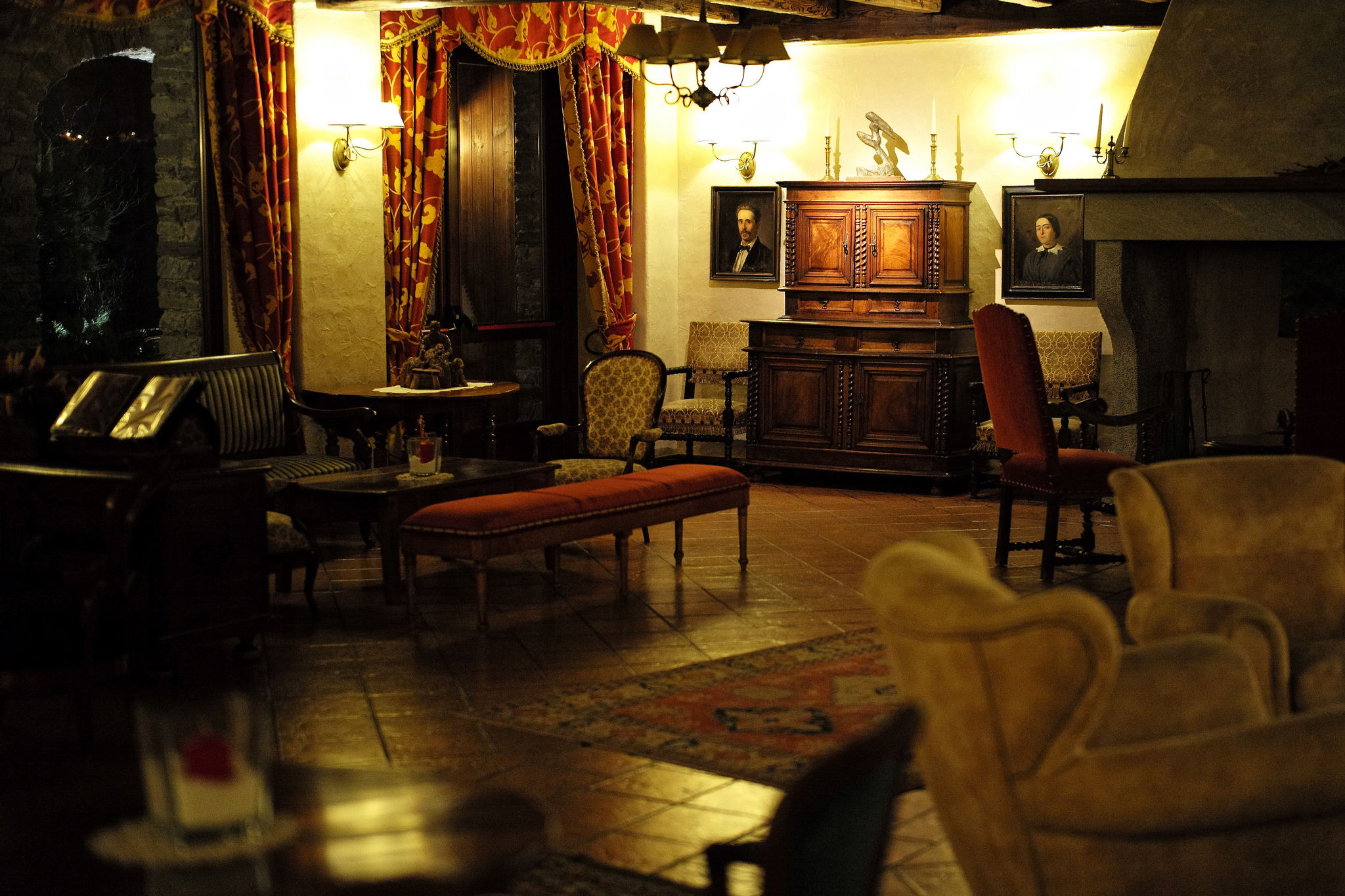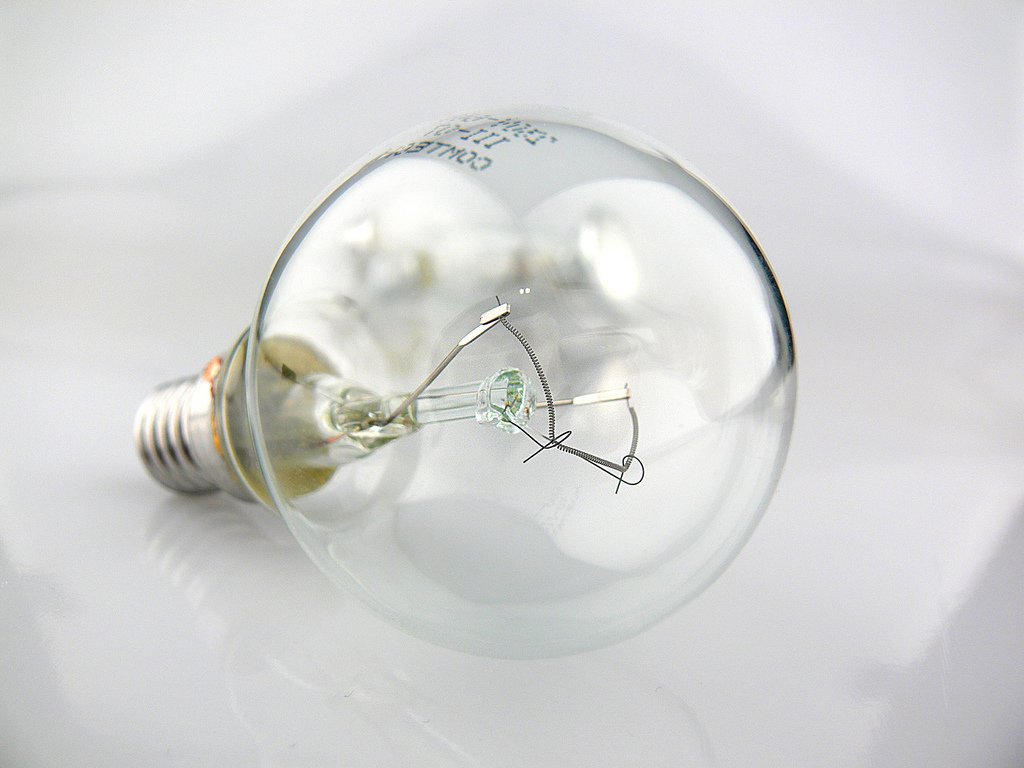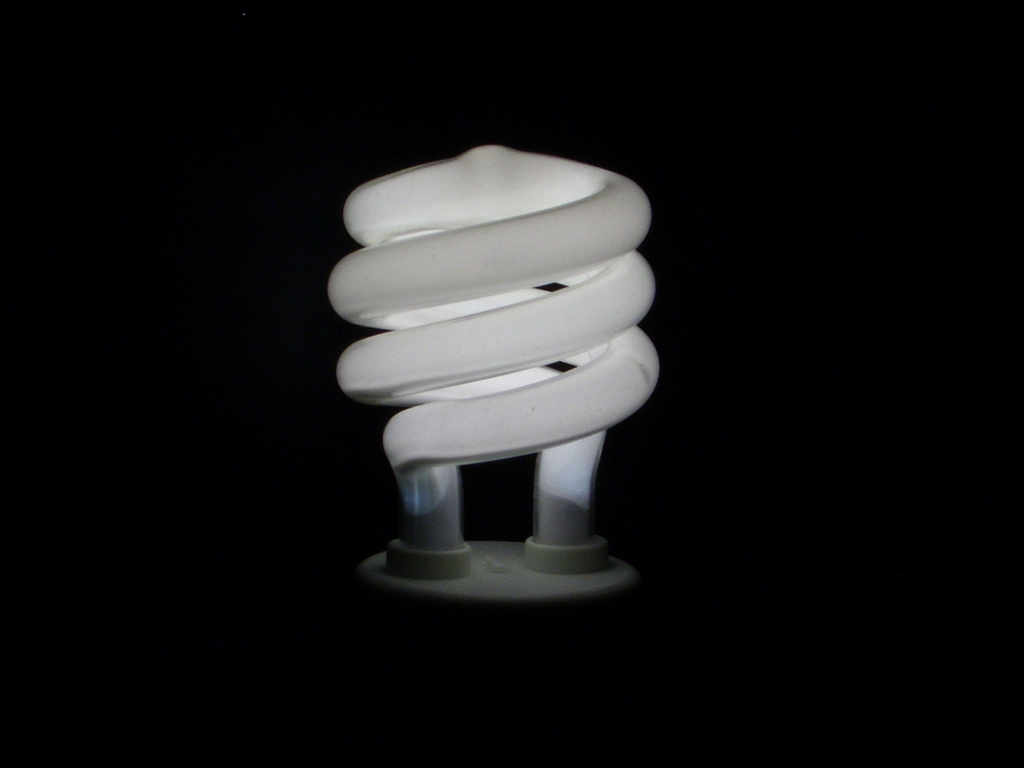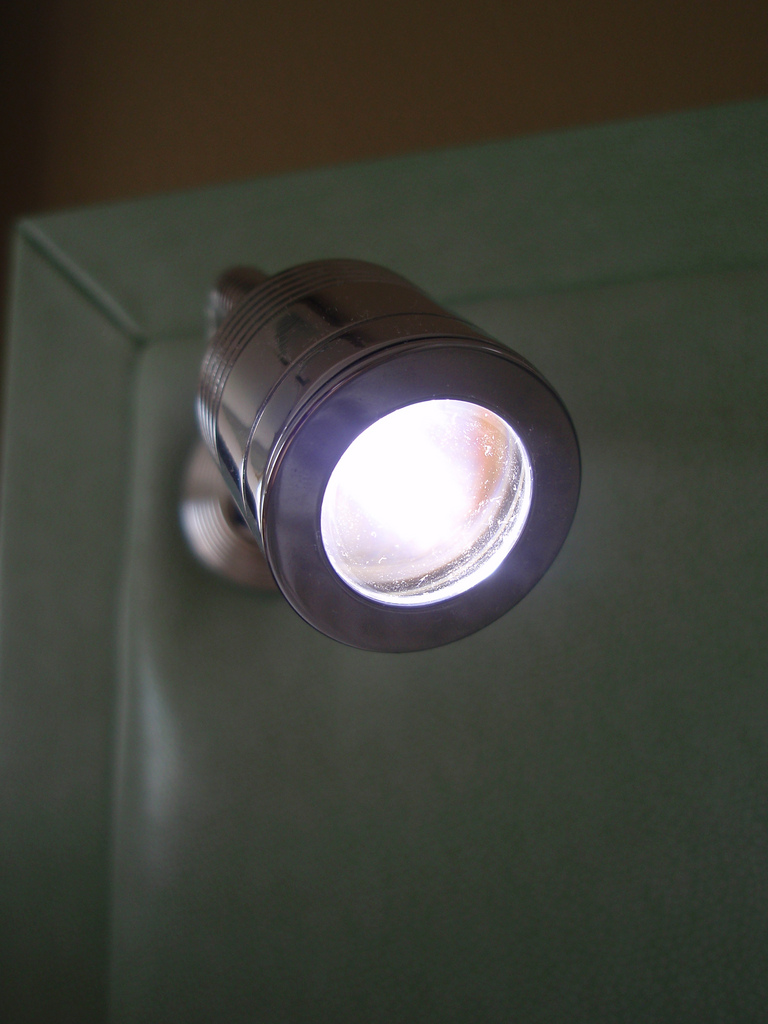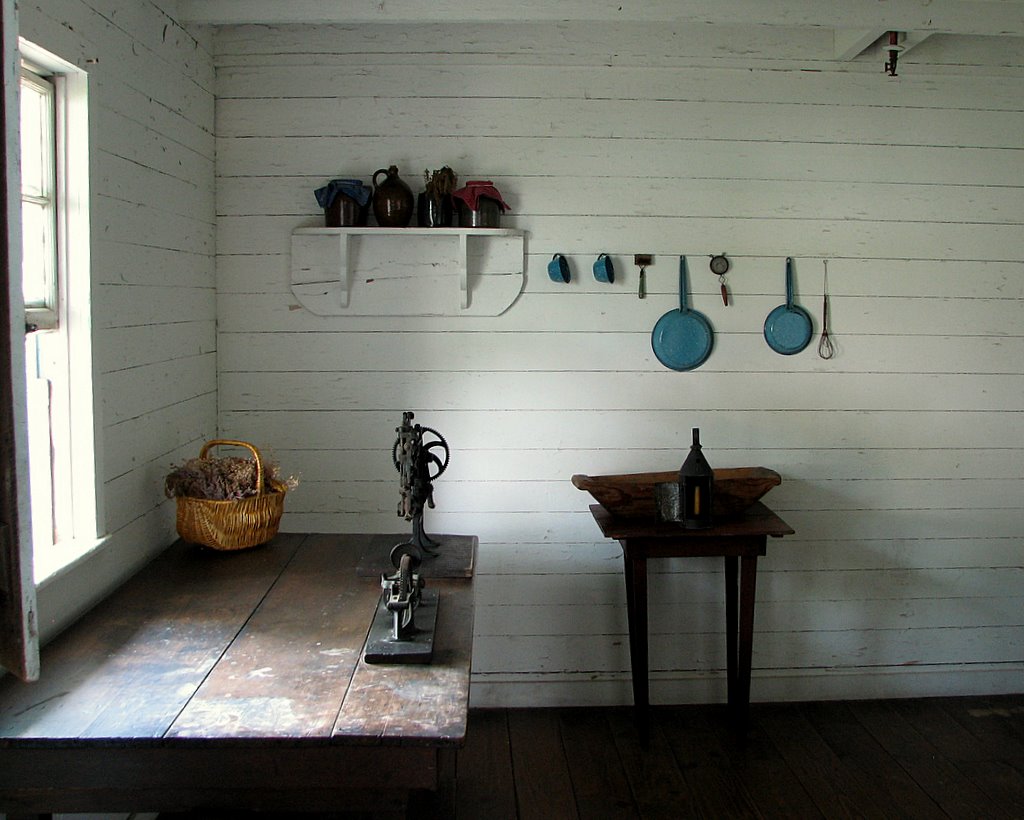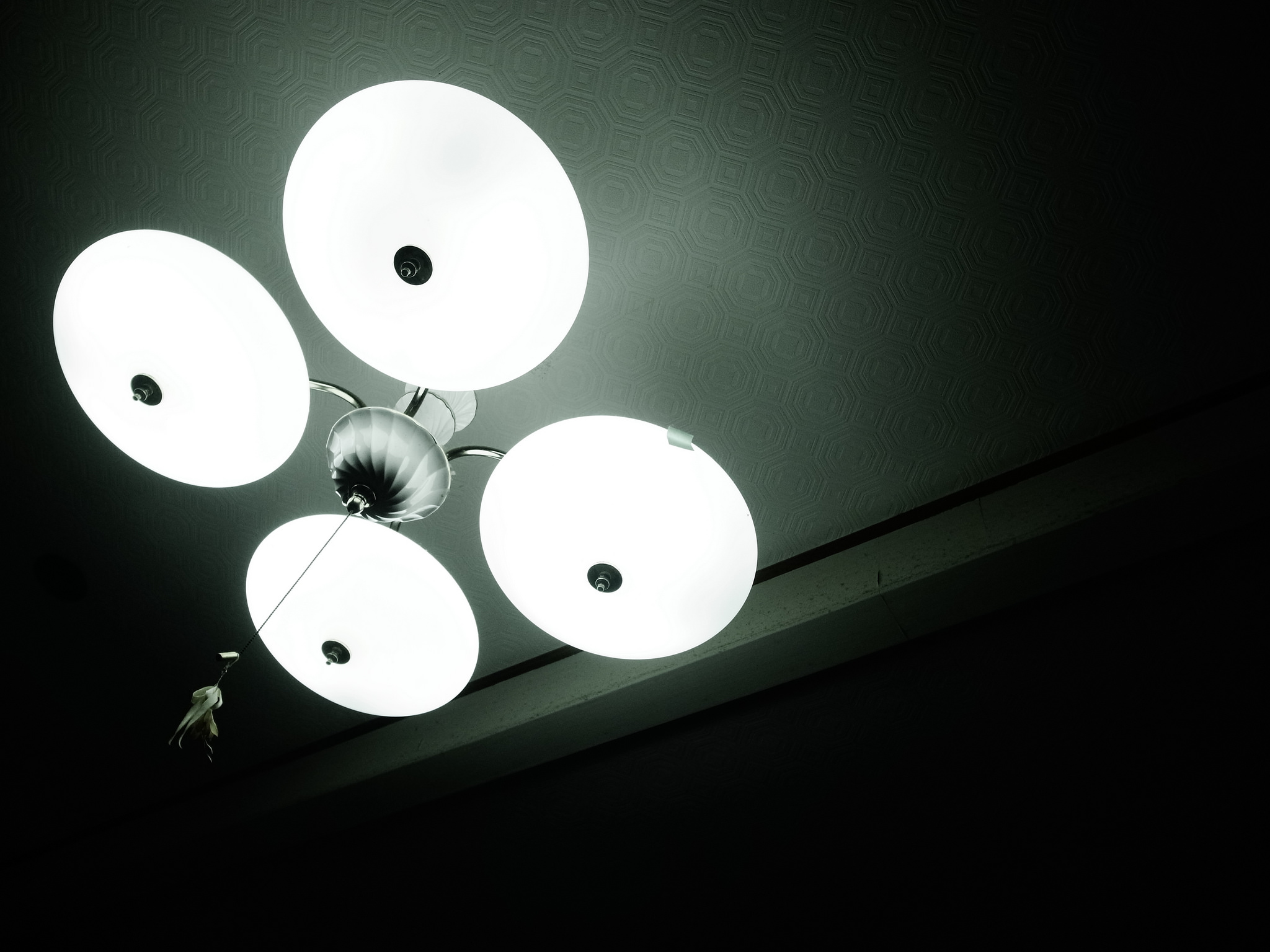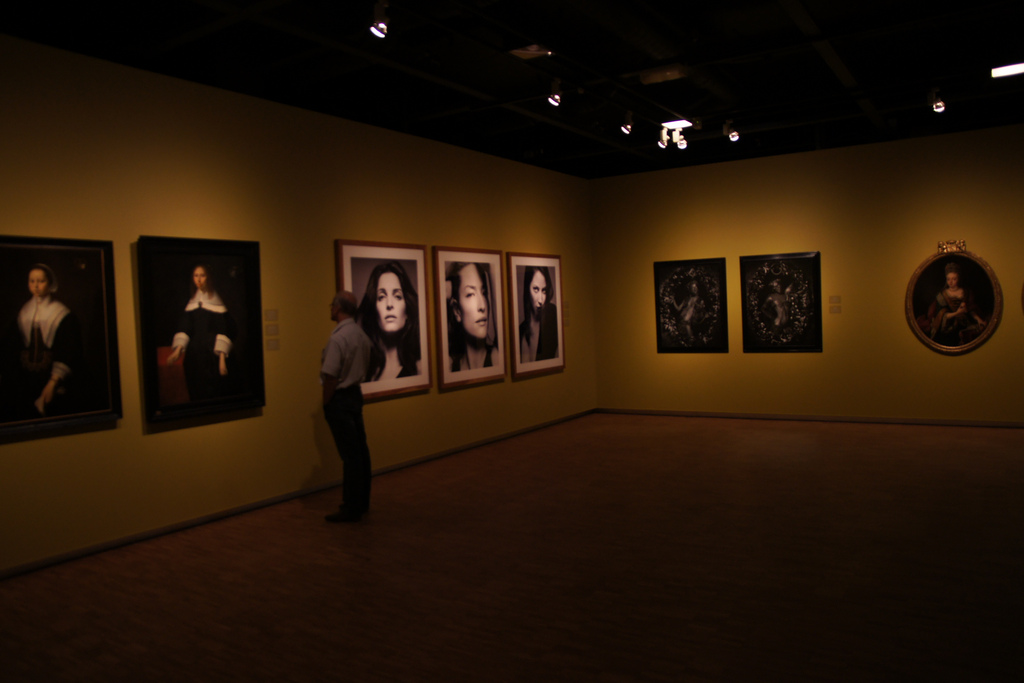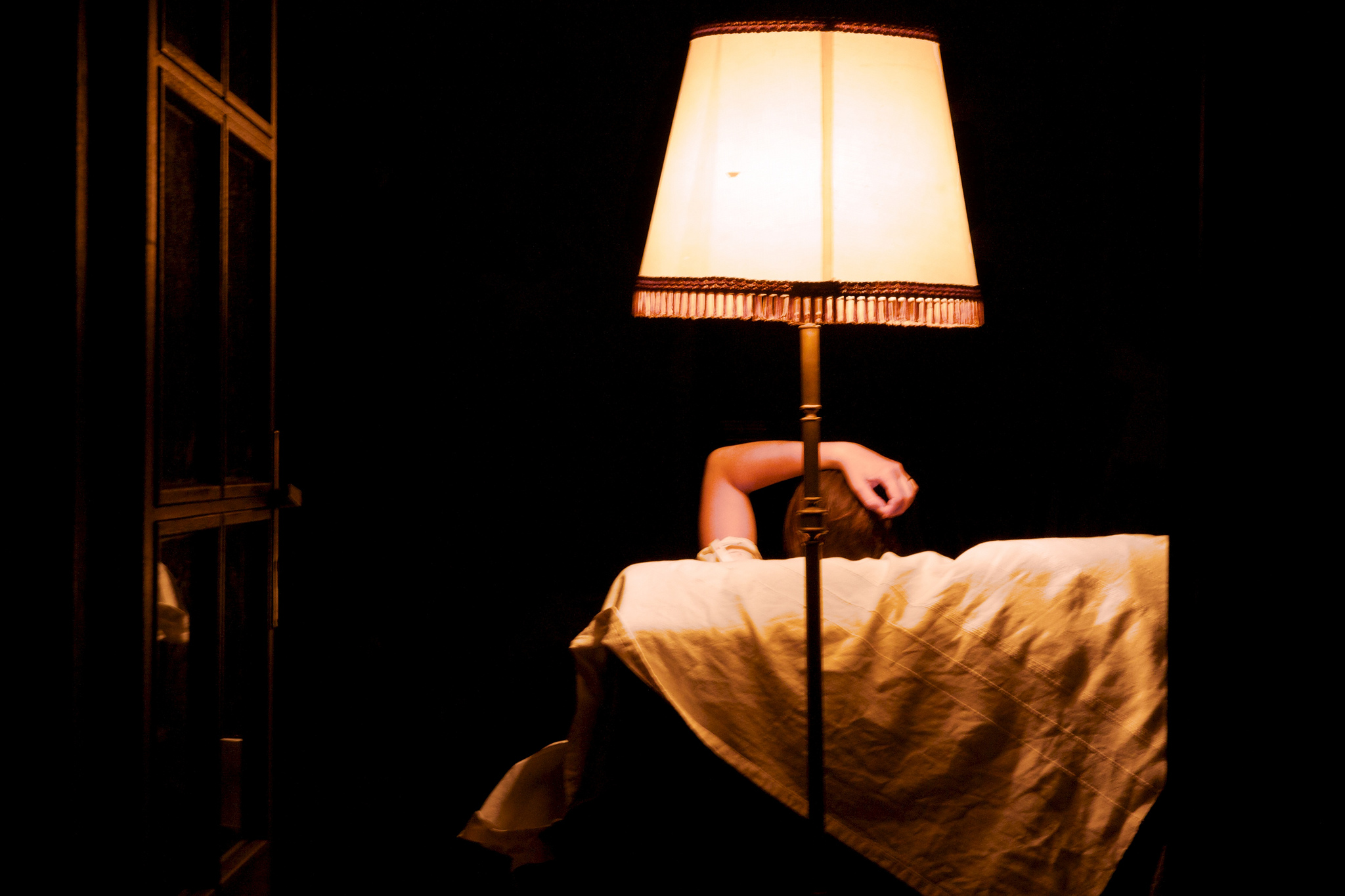Light is not purely functional. There’s a decorative aspect to home interior lighting that most homeowners tend to ignore in favor of garish colours and harsh tube lights. Because of this, Indian households tend to look similar—severe, uniform, and more or less boring.
Lighting and mood are inexorably tied together. For example, you wouldn’t use the same sort of lighting for an upbeat party as you would for a quiet reading room, would you? This simple realisation will transform your home into a work of fine art.
This article takes a quick look at the basics of interior lighting, and how to make the most of it. Dig in.
Bulb Basics
To start with the extremely fundamental, we examine the choices of bulb you have at your disposal.
Incandescent
Incandescent bulbs give you light that’s warm, but fairly expensive. They consume a lot of electricity and have gone out of style because of this.
Used in moderation though, these bulbs are a great addition to any home.
Fluorescent
You’re definitely familiar with fluorescent lights because they’re incredibly common in Indian homes. There’s probably one around you right now!
These bulbs are long lasting and consume less electricity than the incandescent ones.
Most people use fluorescent bulbs that produce a harsh white light. But there are more options out there. They come in a variety of colour temperatures, so do your research before you go shopping.
LED
LED lights are directed, high-intensity bulbs that are used when focused lighting is required.
The key to great interior lighting is to use a mix of these bulbs in the right places.
Now, let’s dive into the nitty-gritties of interior lighting.
Types Of Interior Lighting
Interior lighting is planned in layers, much like a painting. This simplifies a potentially overwhelming task and makes it easier for you to make sound lighting decisions.
Natural Lighting
This is a sadly neglected form of lighting in many homes. It’s free, does a great job of lighting up spaces and, as an added bonus, is also healthy for you!
If you’re building your own house, a little planning can make a world of difference to your interiors. Go with large windows and glass-fronted doors to let in as much natural light as possible.
A carefully placed skylight can transform a room into your own cozy paradise.
Mirrors are indispensable tools to disperse natural light. Place them directly across from windows to make the most out of the sunlight. Also, don’t forget to trim foliage that could grow in front of the windows and obstruct your light.
General (Or Ambient) Lighting
Tube lights that light up the whole room are the most common type of general lighting.
This is non-directed, whole-room lighting. If this is the only type of light you use in your home, you’re probably going to end up with interiors that are flatly lit and quite dull.
It’s important to supplement general lighting with the other types you’ll read about below for a wholesome, well-lit room.
Accent Lighting
Accent lights are used to highlight specific features in a space. If you have a beautiful vase that’s the centrepiece of the room, make sure people notice it by using a light to make it stand out.
Accent lights are also used outdoors to highlight fountains or sculptures in your lawn or garden.
Task Lighting
Task lighting is used to brightly light up certain areas to enable specific tasks. For example, recessed LED lights in the ceiling would be used to provide strong light for reading, and a desk lamp will give you enough light to write by.
The order in which you plan the lighting of a room depends on the room’s purpose. Think about what people will be doing in the room and what mood would be appropriate for this activity. There’s an abundance of interior lighting ideas out there, and it’s not as hard as it sounds.
The lighting of your home deserves as much though as you put into your other home decor needs. So, let there be (carefully planned) light!


